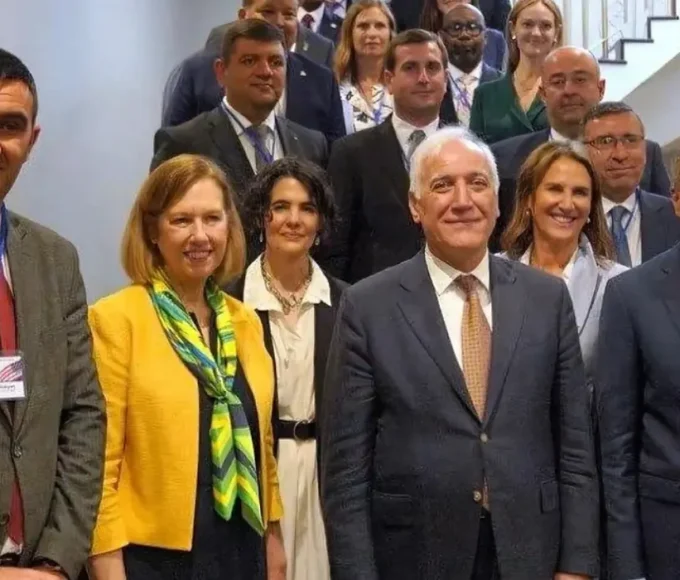After Morocco and Algeria, whose fratricidal war impacts the European Union, France and Spain, here is a new front that stands up for Europeans in North Africa: Tunisia. Indeed, President Kaïs Saïed has led a wave of arrests which worries Westerners but obtains the support of some Tunisians.
Further turmoil in Tunisia, as the country fails to reform and falls into even deeper poverty, would only accelerate the strategic shrinkage already evident in relations between the EU and the Maghreb countries.
In Tunisia, where the state, however weak, is standing tall, a united and generous response could be the smartest strategic move the EU can offer, one that will avoid even more painful and costly policies in a few years.
In France (for example), will the twelve-year-old investigation into the stolen assets of the Ben Ali family abroad, estimated at 5 billion dollars (conservative estimate), be relaunched?
The Fall of The Former Leader
Launched in January 2011 after the fall of the former leader under the pressure of the Arab Spring, the investigation opened for money laundering in an organized gang encountered difficulties, pitfalls and pitfalls. But investigators identified and seized luxury real estate and bank accounts. The investigating judges suspect the Ben Ali clan of having financed or supplemented them with funds from the embezzlement of public money or corruption.
Thus, boulevard Saint-Germain, a set of two apartments of 272 square meters with private garden and winter garden has attracted the attention of justice. The 2008 deed of acquisition bears the name of a French company, Icarus, but the investigators discover that its real owner is a Franco-Tunisian businessman who was married for fifteen years to one of the daughters of former Tunisian President Ben Ali.
If only a fraction of the billions of dollars of capital held abroad were repatriated, it would boost Tunisia’s economic growth.
The EU must have a correct understanding of the structural conditions that initially led to the Arab Spring uprisings, the failures of post-dictatorship transition processes, and the reappearance of the same symptoms that triggered the uprisings. Indeed, since the 2011 revolt, Tunisia has suffered a series of blows: the massive recruitment of unqualified people to swell the already overstaffed civil service and state enterprises; refusal to reform what is, in essence, a pre-industrial corporatist state; terrorist attacks from Libya; and a pandemic.
The result has been a collapse in public investment in infrastructure, health and education; and growing bitterness among Tunisians who had risked their lives to confront Ben Ali. However, the causes of the Arab Spring revolt were not addressed in its wake. Growing regional disparities, one of the key factors in the revolt, rampant corruption and falling living standards convinced most people that democracy, at least in its Tunisian form, was a waste of time.
This article is originally published on tunisienumerique.com









